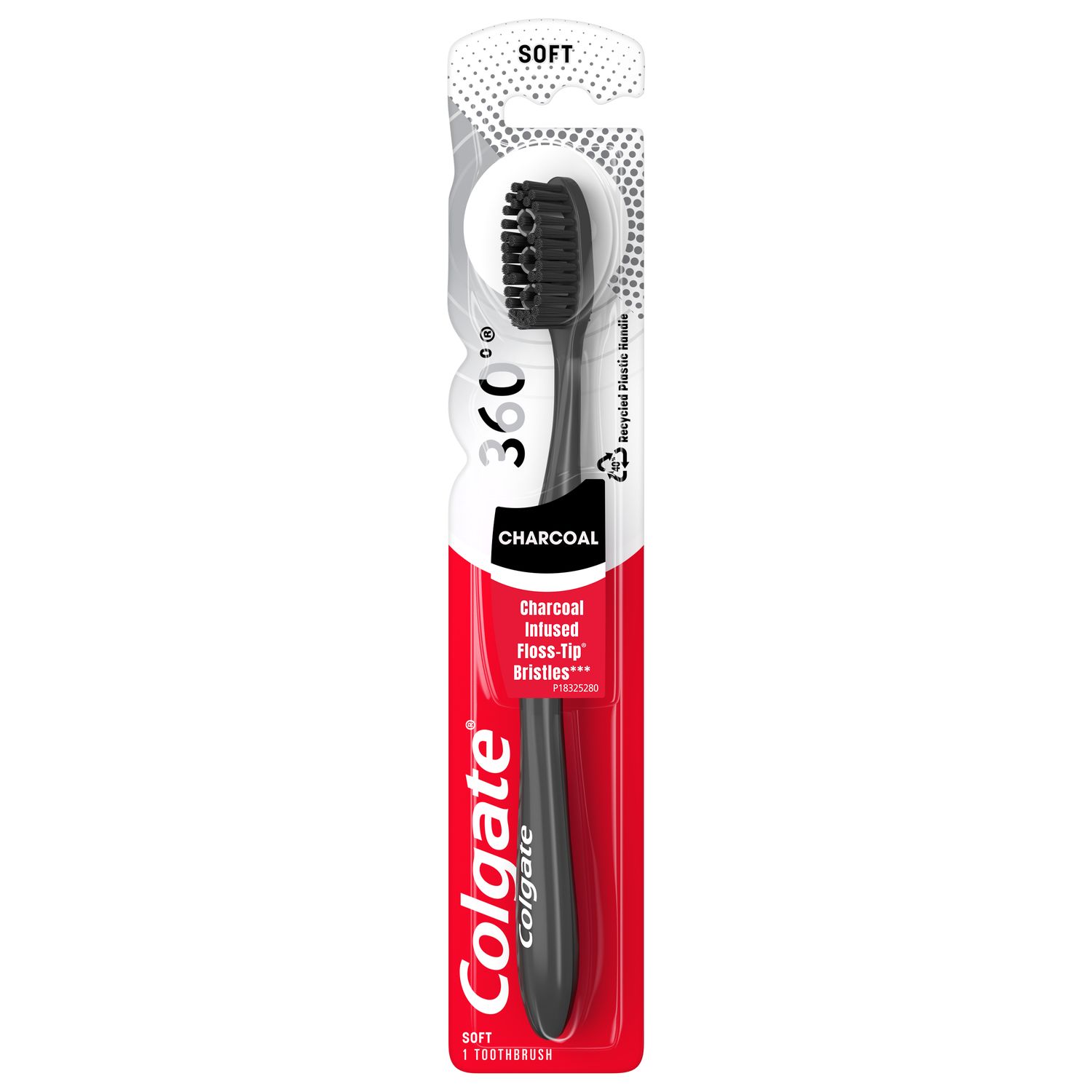As you read on, we'll look into what tartar is, what role dental hygienists play, and what tools dental professionals use to handle tartar. We'll also answer the question: can you dissolve tartar?
What is Tartar?
Tartar (aka dental calculus) is plaque that builds up over time and hardens. But first, what is plaque?
Plaque is a sticky, colorless film that forms on your teeth. Plaque houses bacteria and secretes acids, which can cause tooth decay and irritate gum tissue.
If plaque is not removed regularly, the minerals in your saliva cause it to calcify and harden into a substance called tartar. The most prevalent areas where tartar builds are where the major salivary glands are located in the mouth: near the lower front teeth and in the cheeks next to the upper molars.
Brushing Your Teeth
Brushing your teeth won’t dissolve tartar, but it’s a great way to prevent it from happening in the first place. It helps to dislodge and remove plaque, preventing it from building up and hardening into tartar. But which is best: a classic toothbrush or an electric one?
Classic Toothbrushes or Powered Toothbrushes?
There is evidence that some powered toothbrushes can remove plaque more effectively than a classic manual toothbrush. However, when used properly, both types of toothbrush are successful at removing plaque and preventing tartar. The most important thing is to brush twice a day, for two minutes at a time, using a fluoride toothpaste.
Natural Ingredients to Dissolve Tartar
You may have come across natural solutions for dissolving tartar, but how do they work and are they effective? Let’s look at three of the most popular natural methods…
Aloe Vera
Aloe vera is packed with antioxidants and has lots of established wellbeing benefits, like anti-inflammatory and anti-bacterial properties. While studies do suggest that this can have a positive effect on your oral health, including plaque and tartar prevention, there is currently no evidence to suggest that aloe vera can dissolve tartar.
Orange Peels
Fans of orange peel suggest that rubbing the white inner part on your teeth can help to dissolve tartar. Like aloe vera, the antioxidants and other nutrients in orange peel may have an antibacterial effect in the mouth, which can theoretically help to prevent tartar build-up. However, orange peels will not help to dissolve tartar that has already built up on your teeth.
Coconut Oil
Coconut oil has been having a big moment in health and wellbeing lately! You may have heard of coconut oil pulling, a method of swilling and swishing coconut oil around the gums and teeth for around 20 minutes. And while it doesn’t dissolve tartar that has actually built up on the teeth, there is some evidence to show that coconut oil can reduce harmful plaque bacteria. However, it’s worth noting that the American Dental Association (ADA) is not yet convinced of its effectiveness.
It’s tempting to look for natural solutions to oral healthcare problems such as tartar, and there certainly may be preventative benefits to some of these options. However, nothing can replace the expert intervention of a qualified dental professional, especially if tartar has already built up on your teeth. So if you’re concerned about tartar, the best thing to do is check in with your dental hygienist.
Hygienists: Your Tartar Experts
A dental hygienist's role in dentistry is diverse and can vary from state to state. However, one universal part of that role is removing hard and soft deposits on the teeth.
The detection and removal of tartar is critical for maintaining optimum periodontal (gum) health and preventing gum disease. And so, a hygienist's role is essential in your overall oral health care.
Tools of the Trade
Tartar is challenging to remove. So how do the professionals do it? Great question. Here are some tools of the trade that help them keep your teeth healthy and tartar-free:
- Hand instruments: You've probably seen your dental hygienist scrape off tartar with fine-tipped metal tools using a technique known as scaling. These tools are classic and effective.
- Ultrasonic instruments: This technology uses a high-powered oscillating tip to remove buildup with micro-vibrations.
- Perioscopy: This extremely tiny scope can probe into small areas between gums and teeth to examine calculus build-up on the roots of the teeth.
A friendly heads-up! Your dental hygienist has spent years training to remove tartar and perform other procedures. Attempting to use sharp tools in your own mouth can result in injuries to your teeth and gums, so always look to a professional for this type of care.
It's a Wash for Anti-Tartar Rinses
It would be nice to be able to wash tartar away, wouldn't it? The truth is the jury is still out on the effectiveness of tartar removal rinses. One study compared chlorhexidine — an antimicrobial mouth rinse widely used in dentistry — and a commercial anti-calculus mouth rinse. The study found that there was 47 % more new calculus and 10% more new plaque formed when using the antimicrobial mouth rinse versus the anti-calculus rinse.
Another study tested the effectiveness of an anti-tartar rinse by soaking calculus samples “in vitro”, or in a laboratory setting. Some of the mineral content of the tartar was dissolved in the rinse, but only after it had been soaking for 4.5 and 16 hours. This study was not conducted on a human mouth, and of course, no one wants to swish mouthwash for that long!
So, what would your hygienist say about dissolving your tartar? Well, as dental professionals do, they'll go with the research. If a mouthwash arises that research shows as a great option for dissolving tartar, they'll be all for it.
Until then, if you're wondering how to reduce the amount of tartar that forms on your teeth, the best thing you can do is to reduce or prevent plaque and calculus build-up in the first place. You can do this with proper home oral care and regular dental check-ups and professional cleanings. Brushing at least twice a day and flossing daily will go far in reducing the need to look for ways to remove tartar.
Plaque control directly relates to tartar prevention and is known to prevent cavities, gingivitis, and gum disease. That's why one of the things every hygienist does is to help you remove it. Remember that your dental hygienist is trained to use tools to help you remove your tartar and that trying to use sharp instruments in your mouth is dangerous.
Good oral hygiene and regular dental visits are, and will continue to be, the best treatment. If tartar is something on your radar, see your hygienist and get proactive in taking care of it right away.
This article is intended to promote understanding of and knowledge about general oral health topics. It is not intended to be a substitute for professional advice, diagnosis or treatment. Always seek the advice of your dentist or other qualified healthcare provider with any questions you may have regarding a medical condition or treatment.
ORAL HEALTH QUIZ
What's behind your smile?
Take our Oral Health assessment to get the most from your oral care routine
ORAL HEALTH QUIZ
What's behind your smile?
Take our Oral Health assessment to get the most from your oral care routine















